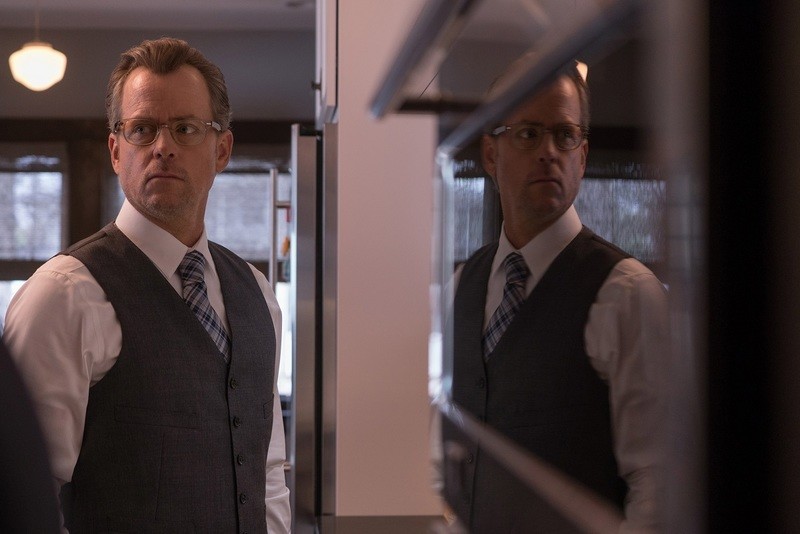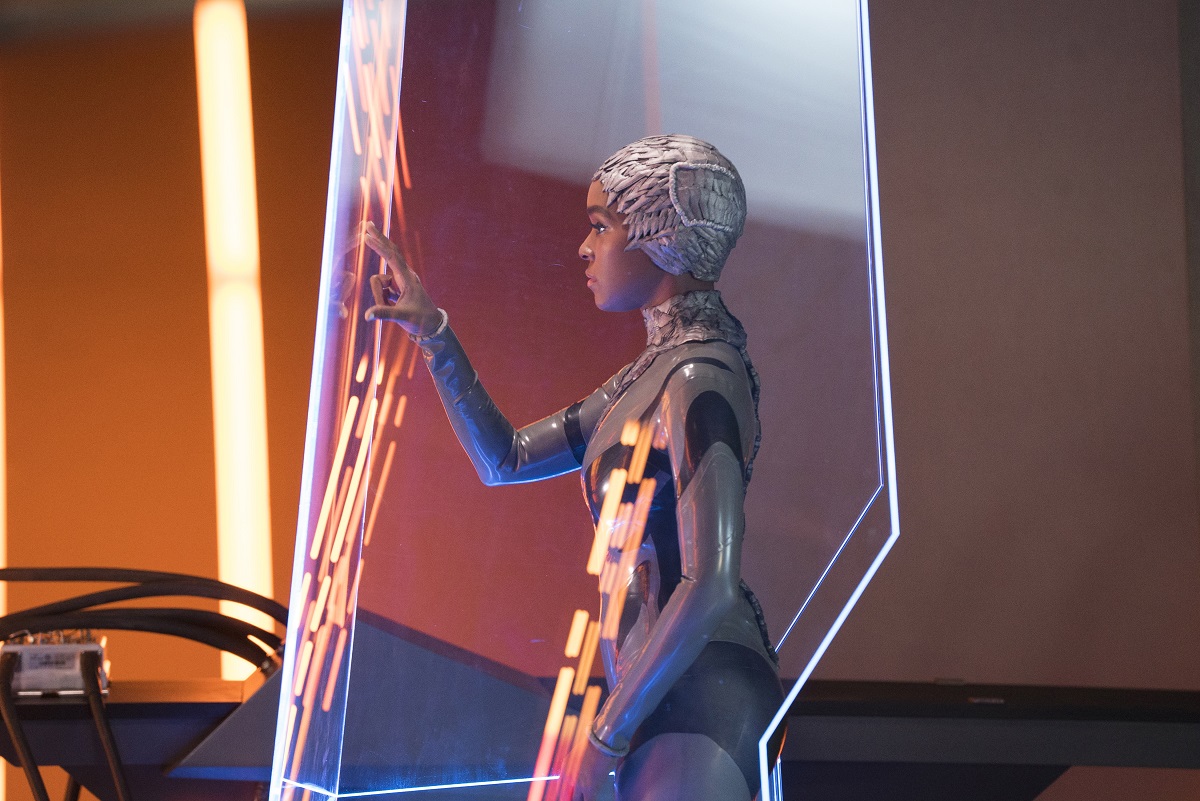He may have died 35 years ago, but Philip K. Dick’s influence is everywhere in 2018. It’s not just the rippling success of “Blade Runner 2049,” the growing fan base of Amazon’s “The Man in the High Castle,” or the Dick-influenced “Black Mirror”—he now literally has a show with his name on it, a star-studded anthology series that adapts (sometimes loyally, more often very loosely) ten of his short stories. “Philip K. Dick’s Electric Dreams” premieres this Friday in its 10-episode entirety on Amazon’s increasingly-interesting streaming service. The show was co-produced by Ronald D. Moore, a hallowed name in sci-fi television for his work on several iterations of “Star Trek,” “Battlestar Galactica” and “Outlander.” As with all anthology series, “Electric Dreams” is hit-and-miss, but the hits far outweigh the misses. A large majority of “Electric Dreams” is worth your time, especially if you’re a fan of Dick’s work, with only one episode that really misfires, offset by one that’s a mini-masterpiece. And the eight in between are what could safely be called “pretty good.” Given the wild peaks and valleys of “Black Mirror,” to which this show is sure to be compared, the consistency here makes for arguably a better series overall.

“Electric Dreams” is closer in tone to “Blade Runner” than “Black Mirror.” By that I mean that these ten episodes feel less reliant on “Twilight Zone”-esque twists and more concerned with philosophical issues about what it means to be human. They’re less likely to serve as cautionary tales of tech addiction (as Charlie Brooker’s show does) than they are to question the complexity of the human race. For example, there’s more than one episode this season (“Father Thing” and “Human Is”) that feature “Invasion of the Body Snatchers”-esque plots in which a loved one may or may not have been replaced by an alien. Would you know if your husband or father weren’t exactly the same as they were the day before? What would you do? These are stories more interested in intangible things like fate, memory, regret, and grief than anything else. And several of the episodes are particularly timely in their updates, including a terrorism allegory in “Safe and Sound,” and none more so than Dee Rees’ “Kill All Others,” which is basically about political mob mentality and accepted racism in an increasingly-less democratic state.

There’s little point in going through all ten episodes but I’ll pick out a few highlights in case you only want to watch the best of it. Don’t miss these four:
- “The Commuter,” directed by Tom Harper, adapted by Jack Thorne from a story of the same name. This is easily the masterpiece of “Electric Dreams,” a haunting tale of a train station employee who is confused when customers start asking to go to a town called Macon Heights. The problem is that not only does his train not go there, but the place doesn’t exist. Or does it? “The Commuter” becomes a classic tale about being careful what you wish for but Timothy Spall grounds it beautifully as a man who struggles with a problem in his life but realizes he doesn’t exactly want to just make it go away.
- “Father Thing,” written/directed by series co-creator Michael Dinner from a Dick story called “The Father-thing.” This is the “Stranger Things” of “Electric Dreams,” in which a young man sees his father (Greg Kinnear) taken over by an alien and now has to get everyone else to believe him. There’s a very smart divorce allegory here (our parents look never look the same when we realize they’re about to stop being one unit) that flows underneath a smart, crowdpleasing hour of TV. A lot of “Electric Dreams” can be overly self-serious—this one is fun.
- “Kill All Others,” written/directed by Dee Rees (“Mudbound”) from a story called “The Hanging Stranger.” The great Mel Rodriguez (“Last Man on Earth”) stars as a man who realizes the world has gone mad and no one else seems to care. One night when “the candidate” (Vera Farmiga) is throwing out nonsense political sound bites, she drops in the scary and confusing phrase “Kill All Others,” almost subliminally, and our hero seems to be the only one who notices. Of course, the phrase keeps coming back, and racial tension rises, but still no one believes him. And then he becomes a “other.” This is sci-fi television for the era of Trump and Brexit and it should really have people talking.
- “Real Life,” directed by Jeffrey Reiner and adapted by Moore from a story called “Exhibit Piece.” Anna Paquin stars as a woman who enters a virtual reality simulation in which she becomes Terrence Howard. Or is it the other way around? The first episode of “Electric Dreams” doesn’t quite stick the landing but it’s a good tone-setter for the series overall in that it’s about questioning reality and what it means to become human.
- Other episodes feature Steve Buscemi, Jack Reynor, Geraldine Chaplin, Maura Tierney, Juno Temple, Janelle Monae, Essie Davis, Bryan Cranston, and more.












